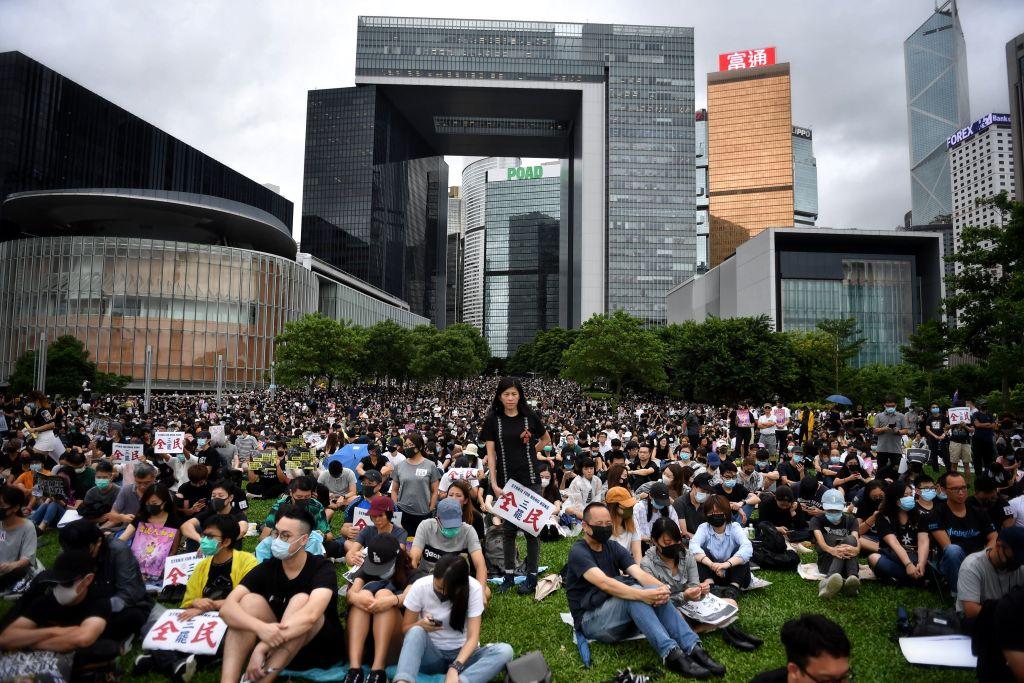WASHINGTON—Hong Kong is a critical financial gateway for mainland China, therefore increased meddling in the city’s affairs by Beijing would backfire, causing significant capital flight, experts say.
Hong Kong is one of the largest hubs for equity and debt financing in the world. Thanks to its long history of good governance, ease of doing business, and sound judicial system, the city has been a boon for Chinese companies seeking foreign capital.





